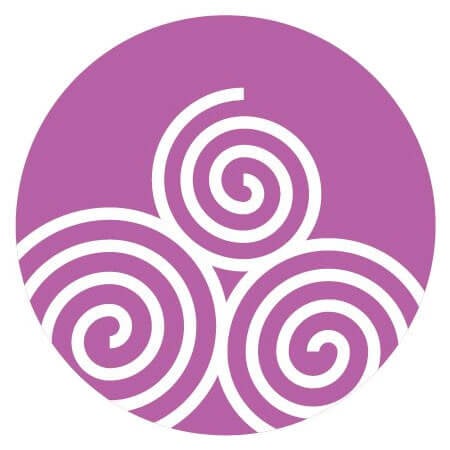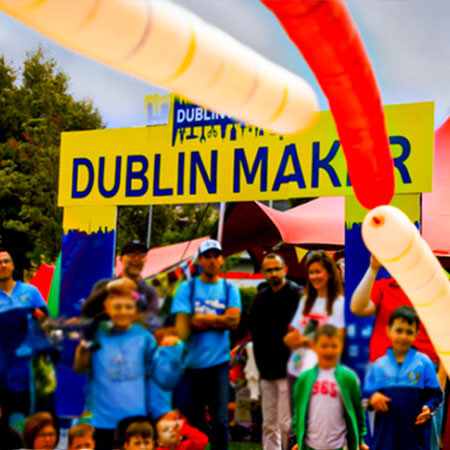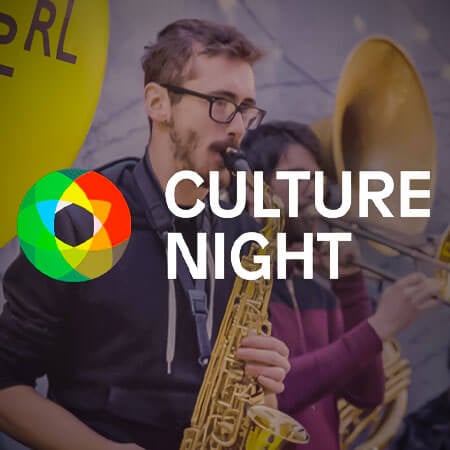
This event has ended
TCD, Thursday 20th February
Trinity and the Changing City: When was Dublin baptised… and how is it faring today? – A panel discussion as part of the Lecture Series.
The story of Christianity in Dublin, and that of Christianity and Dublin, as it emerged over the centuries is a fascinating one. While Ireland is still one of the most Christian countries in Western Europe, many ask “will Dublin be Christian in 2030?” The speakers at this session will explore the expression of Christian faith in Dublin both historically, and in the 21st century, with contributions from both academics and contemporary practitioners. Speakers will include Salvador Ryan, Professor of Ecclesiastical History at St Patrick's College Maynooth, who will speak about Dublin Catholic culture from 1850-1950, pondering how ‘Catholic' Dublin Catholicism was in that period; and the Dean of Christ Church Dublin, The Very Revd Dermot Dunne, who will explore Christian faith in Dublin from an Anglican perspective. The discussion will be chaired by Dr Faínche Ryan, School of Religion, TCD.
Trinity and the Changing City is organised by the Identities in Transformation research theme, led by Daniel Faas, Department of Sociology, and is supported by the Trinity Long Room Hub Arts and Humanities Research Institute.
Trinity College Dublin has been a key witness, over many centuries, to Dublin's development into the cosmopolitan city it is today. This multidisciplinary discussion series will look at the lived experience of Dublin's citizens through the prism of Trinity's Arts, Humanities and Social Sciences research. By drawing on historical, cultural, linguistic, sociological and economic perspectives, it will consider how we can understand a changing Dublin and influence plans for the city's future. Dublin has been transformed by the economic crash, the austerity measures that followed and recent improvements in aspects of the Irish economy, as well as wider issues such as displacement and migration. The city's built environment and economic, demographic and linguistic mix have all developed apace.
But these changes, and their relationship to issues around religion, the environment, poverty, health, housing and governmental policy, have not generally been well represented in the media or in public discourse. There is a representative gap between the city in which Trinity resides, not least in terms of language, race and class, and the images and narratives of that city put forth in the broader culture. Trinity and the Changing City will seek to address and interrogate this gap, bringing internationally recognised scholars in the Arts, Humanities and Social Sciences, from Trinity and further afield, together with key stakeholders and practitioners from across the city.
- Date:
- Thursday 20th February
- Time:
- 6.30pm - 8.00pm
- Price:
- Free - Registration required
- Address:
- Trinity College Dublin, College Green, Dublin 2, Ireland



